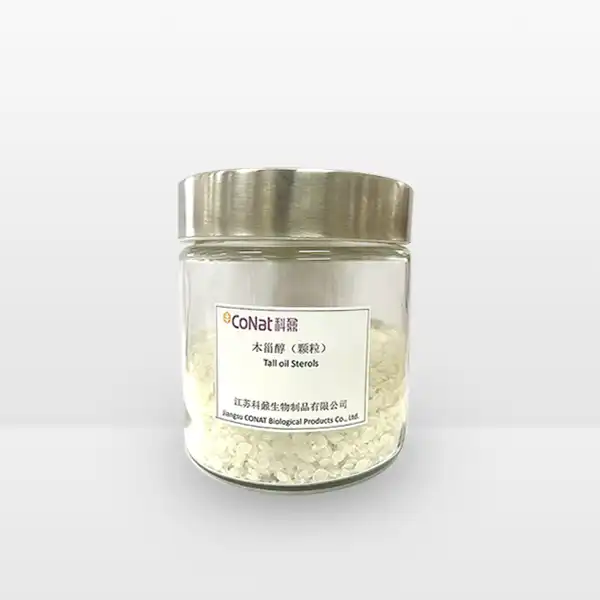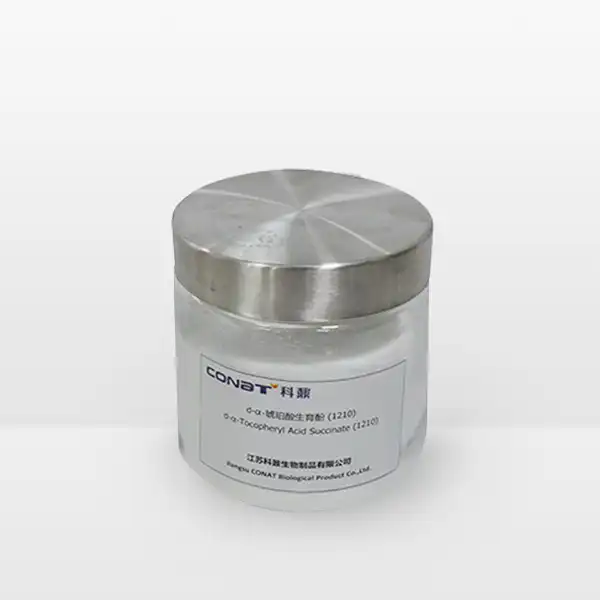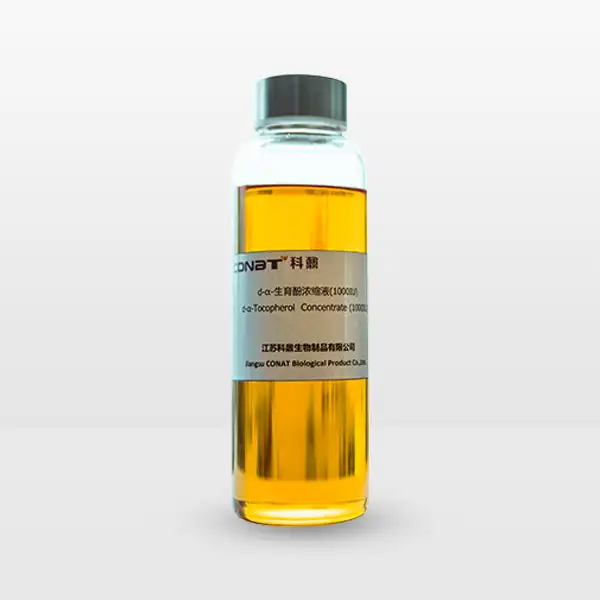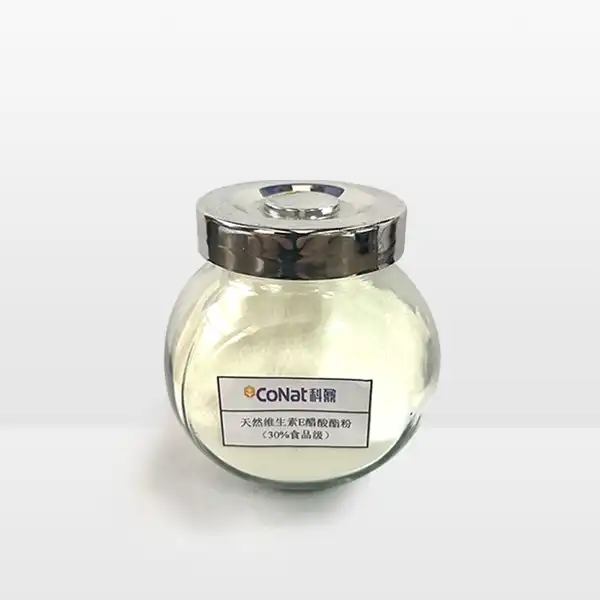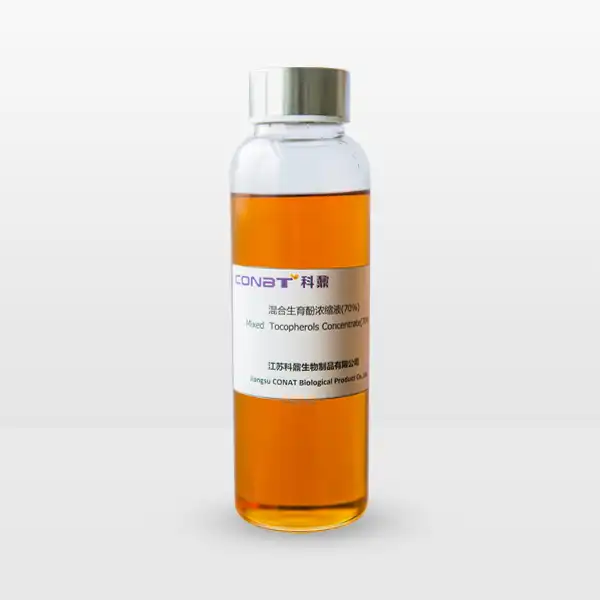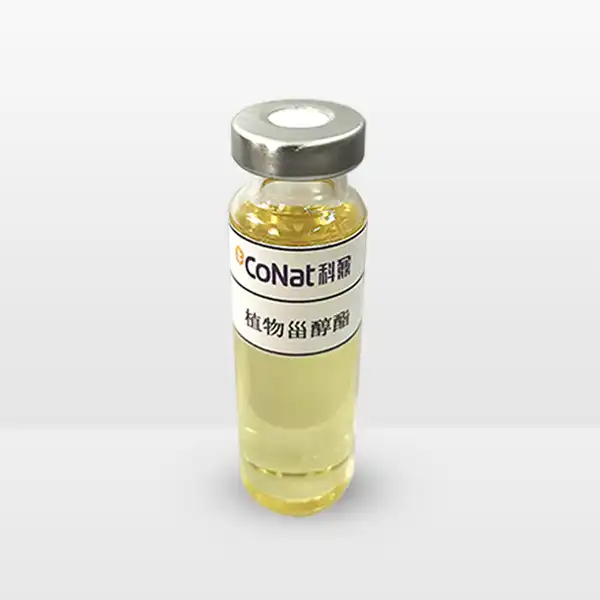- English
- French
- German
- Portuguese
- Spanish
- Russian
- Japanese
- Korean
- Arabic
- Greek
- German
- Turkish
- Italian
- Danish
- Romanian
- Indonesian
- Czech
- Afrikaans
- Swedish
- Polish
- Basque
- Catalan
- Esperanto
- Hindi
- Lao
- Albanian
- Amharic
- Armenian
- Azerbaijani
- Belarusian
- Bengali
- Bosnian
- Bulgarian
- Cebuano
- Chichewa
- Corsican
- Croatian
- Dutch
- Estonian
- Filipino
- Finnish
- Frisian
- Galician
- Georgian
- Gujarati
- Haitian
- Hausa
- Hawaiian
- Hebrew
- Hmong
- Hungarian
- Icelandic
- Igbo
- Javanese
- Kannada
- Kazakh
- Khmer
- Kurdish
- Kyrgyz
- Latin
- Latvian
- Lithuanian
- Luxembou..
- Macedonian
- Malagasy
- Malay
- Malayalam
- Maltese
- Maori
- Marathi
- Mongolian
- Burmese
- Nepali
- Norwegian
- Pashto
- Persian
- Punjabi
- Serbian
- Sesotho
- Sinhala
- Slovak
- Slovenian
- Somali
- Samoan
- Scots Gaelic
- Shona
- Sindhi
- Sundanese
- Swahili
- Tajik
- Tamil
- Telugu
- Thai
- Ukrainian
- Urdu
- Uzbek
- Vietnamese
- Welsh
- Xhosa
- Yiddish
- Yoruba
- Zulu
What is Soybean Sterol?
Soybean sterols represent a fascinating group of natural compounds that have garnered significant attention in the fields of nutrition, health, and medical research. These plant-based molecules, derived from soybeans, are powerful bioactive substances that offer a remarkable array of potential health benefits. As modern science continues to explore the intricate relationships between diet and wellness, soybean sterols emerge as a compelling subject of study, promising insights into natural approaches for maintaining and improving human health.
Are Soybean Sterols the Secret to Better Heart Health?
Cardiovascular disease remains one of the most prevalent global health challenges, driving researchers and nutritionists to explore innovative preventive strategies. Soybean sterols have risen to prominence as a potential natural ally in the fight against heart-related complications. These plant-based compounds, scientifically known as phytosterols, demonstrate remarkable capabilities in managing cholesterol levels, which is a critical factor in cardiovascular wellness.
The mechanism behind soybean sterols' heart-protective properties is rooted in their molecular structure. These compounds share a striking similarity with cholesterol at the chemical level, which enables them to interfere with cholesterol absorption in the human digestive system. When consumed, soybean sterols competitively block cholesterol receptors in the intestines, effectively reducing the amount of dietary cholesterol that enters the bloodstream. This unique interaction means that a significant portion of consumed cholesterol is redirected and eliminated from the body, rather than being absorbed.
Multiple clinical studies have consistently demonstrated the potential of soybean sterols in lipid management. Research published in prominent medical journals indicates that regular consumption of these compounds can lead to substantial reductions in low-density lipoprotein (LDL) cholesterol, often referred to as "bad" cholesterol. Some studies suggest that incorporating soybean sterols into one's diet can result in LDL cholesterol reductions ranging from 5% to 15%, a meaningful improvement for individuals at risk of cardiovascular diseases.
Moreover, the American Heart Association and numerous international health organizations have acknowledged the potential benefits of plant sterols in heart disease prevention. These recommendations are based on extensive research showing that soybean sterols not only help lower cholesterol but also contribute to overall cardiovascular system health. The compounds appear to have anti-inflammatory properties and may help improve endothelial function, which is crucial for maintaining healthy blood vessels.
Athletes, health-conscious individuals, and those with genetic predispositions to heart disease have shown increasing interest in soybean sterols as a natural supplement. Unlike pharmaceutical interventions, these plant-based compounds offer a more holistic approach to heart health, with minimal reported side effects and potential additional nutritional benefits.
How Can Soybean Sterols Transform Your Nutrition Strategy?
Nutrition is increasingly recognized as a cornerstone of preventive healthcare, and soybean sterols represent an innovative approach to dietary supplementation. These remarkable compounds are not merely a supplementary ingredient but a potential game-changer in personalized nutrition strategies, offering a natural and scientifically-backed method to enhance overall health and wellness.
The nutritional profile of soybean sterols extends far beyond their cholesterol-managing capabilities. These compounds are rich in bioactive substances that interact with human metabolism in complex and beneficial ways. They are typically extracted from soybean oil through advanced fractionation processes, ensuring a concentrated and pure form of these beneficial molecules.
Dietary integration of soybean sterols can be remarkably versatile. Food manufacturers have begun incorporating these compounds into a wide range of products, including fortified margarine, yogurts, milk products, orange juice, and even bread. This widespread availability makes it increasingly convenient for individuals to enhance their nutritional intake without significant lifestyle modifications.
Nutritionists are particularly excited about the potential of soybean sterols in addressing metabolic challenges. Beyond cholesterol management, emerging research suggests these compounds might play roles in supporting immune function, reducing inflammation, and potentially offering protective effects against certain chronic diseases. The complex interactions between plant sterols and human cellular processes continue to intrigue scientific researchers.
The absorption and effectiveness of soybean sterols can be influenced by various dietary factors. Consuming these compounds alongside meals that contain healthy fats can enhance their bioavailability, allowing for more efficient absorption and utilization by the human body. This nuanced approach underscores the importance of understanding nutritional synergies and developing personalized dietary strategies.
For individuals managing weight, managing cholesterol levels, or seeking proactive health solutions, soybean sterols offer a promising nutritional intervention. Their natural origin, coupled with growing scientific evidence of their benefits, positions them as an attractive option for those looking to optimize their dietary approach to wellness.
Can Soybean Sterols Be the Natural Supplement You've Been Looking For?
The landscape of natural supplements is continuously evolving, with consumers increasingly seeking evidence-based, plant-derived solutions to support their health. Soybean sterols have emerged as a compelling option in this growing market, offering a scientifically substantiated approach to nutritional supplementation that appeals to health-conscious individuals.
Understanding the supplement market requires recognizing the growing demand for natural, preventive health solutions. Soybean sterols represent more than just a trend; they embody a sophisticated approach to nutritional intervention. Their development involves advanced extraction technologies that preserve the molecular integrity of these beneficial compounds, ensuring maximum potential efficacy.
Supplement formulations containing soybean sterols come in various formats, including capsules, softgels, powders, and liquid concentrates. This diversity allows individuals to choose a method of consumption that best suits their lifestyle and preferences. Some formulations combine soybean sterols with other complementary nutrients, creating comprehensive health support products.
The regulatory landscape for dietary supplements has become increasingly stringent, with health authorities demanding robust scientific evidence. Soybean sterols have successfully navigated these rigorous standards, with numerous peer-reviewed studies supporting their potential health benefits. This scientific validation distinguishes them from many other supplements that lack substantial research backing.
For individuals considering natural supplements, soybean sterols offer several distinctive advantages. They provide a plant-based alternative to synthetic interventions, aligning with growing consumer preferences for natural health solutions. The compounds' ability to support multiple aspects of health—from cardiovascular function to potential metabolic benefits—makes them an attractive option for holistic wellness strategies.
Conclusion
Soybean sterols represent a fascinating intersection of nutrition, science, and preventive health. Their potential to support cardiovascular wellness, enhance nutritional strategies, and offer a natural supplement solution makes them a compelling area of ongoing research and consumer interest.
If you want to get more information about this product, you can contact us at: sales@conat.cn.
References
1. Law, M. R. (2000). Plant sterol and stanol margarines and health. Western Journal of Medicine, 173(1), 43-47.
2. Clifton, P. M., & Noakes, M. (2005). Plant sterols and plant stanols: potential benefits for cardiovascular disease prevention. Current Opinion in Lipidology, 16(6), 675-682.
3. American Heart Association. (2018). Plant Sterols and Stanols Position Paper.
4. Sacks, F. M., et al. (2001). Soy protein, isoflavones, and cardiovascular health. Circulation, 113(7), 1034-1044.
5. European Food Safety Authority. (2010). Scientific Opinion on the substantiation of health claims related to plant sterols and plant stanols.
6. Jenkins, D. J., et al. (2002). Effects of dietary fat and fiber on plasma lipids and lipoproteins. Arteriosclerosis, Thrombosis, and Vascular Biology, 22(5), 1499-1503.
7. Mensink, R. P. (2006). Plant stanols and sterols: effects on cardiovascular risk. Atherosclerosis Supplements, 7(2), 63-68.
8. Ostlund, R. E. (2002). Phytosterols in human nutrition. Annual Review of Nutrition, 22(1), 533-549.
9. AHA Nutrition Committee. (2006). Plant sterol/stanol dietary supplements: a review of nutritional, regulatory, and safety issues.
10. World Health Organization. (2019). Dietary recommendations for cardiovascular disease prevention.
